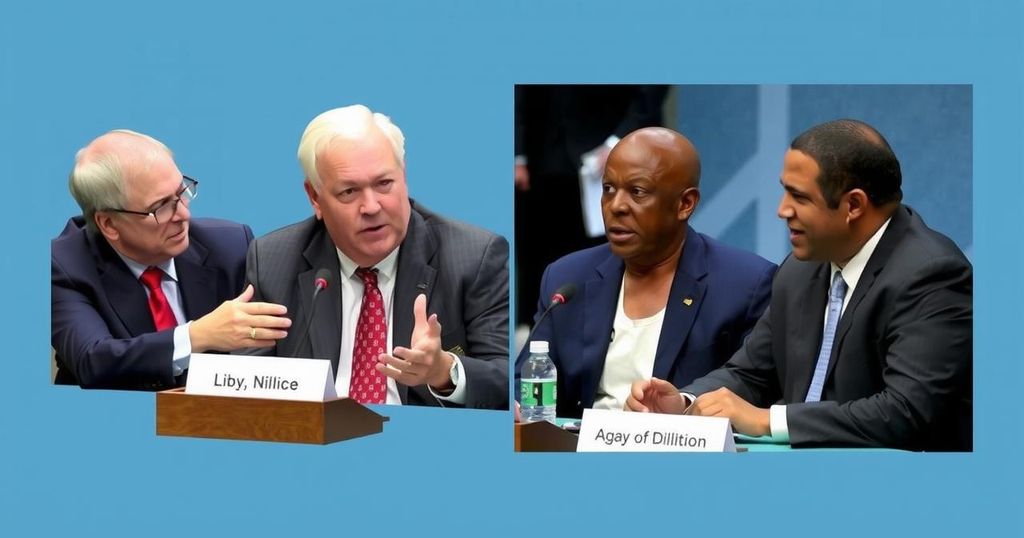The United Nations has announced a new committee of Libya experts aimed at solving electoral law disputes and facilitating national elections following a prolonged political stalemate. UNSMIL’s Stephanie Koury highlighted the urgency of the process, which has been hindered since the failed elections of December 2021. The GNU’s legitimacy remains contested, and public skepticism of political leaders persists amid ongoing divisions in the country.
The United Nations has initiated a renewed effort to address the ongoing electoral deadlock in Libya by forming a technical committee comprised of experts to tackle contentious electoral issues. This announcement was made by the acting head of the United Nations Support Mission in Libya (UNSMIL), Stephanie Koury, who emphasized the need to create a conducive environment for national elections which have not taken place since the abortive efforts of December 2021.
The committee’s primary objective is to find resolutions regarding outstanding electoral laws and to explore options to expedite the electoral process, including proposed guarantees and a timeline for the elections. The political climate in Libya remains complex; the Government of National Unity (GNU), established with UN support in 2021, is currently not recognized by the parliament, which has significant implications for governance and stability in the country.
Since the NATO-backed uprising in 2011, Libya has experienced a tumultuous decade marked by division between eastern and western factions, each with competing administrations. While there is a consensus among key political figures in Libya regarding the necessity of elections, many citizens remain doubtful about their commitment to pursuing a democratic transition that could undermine their positions of authority.
The current political environment in Libya is fraught with challenges stemming from over a decade of conflict that began after the 2011 uprising against Muammar Gaddafi. The country has witnessed a fragmentation of power, with rival factions vying for control. The Government of National Unity (GNU), led by Prime Minister Abdulhamid al-Dbeibah, was installed through a U.N.-facilitated agreement but has faced legitimacy issues since the parliament’s refusal to recognize it. These complexities have stalled the electoral process, emphasizing the need for international mediation.
The United Nations is taking steps to resolve the electoral stalemate in Libya by assembling a committee of experts to address ongoing disputes regarding electoral laws and processes. The situation underscores the broader challenges Libya faces in achieving national unity and stability, compounded by a lack of trust in political leaders from the populace. As the U.N. seeks to facilitate a path toward elections, the international community remains watchful of Libya’s endeavor to overcome its protracted political crisis.
Original Source: www.voanews.com







